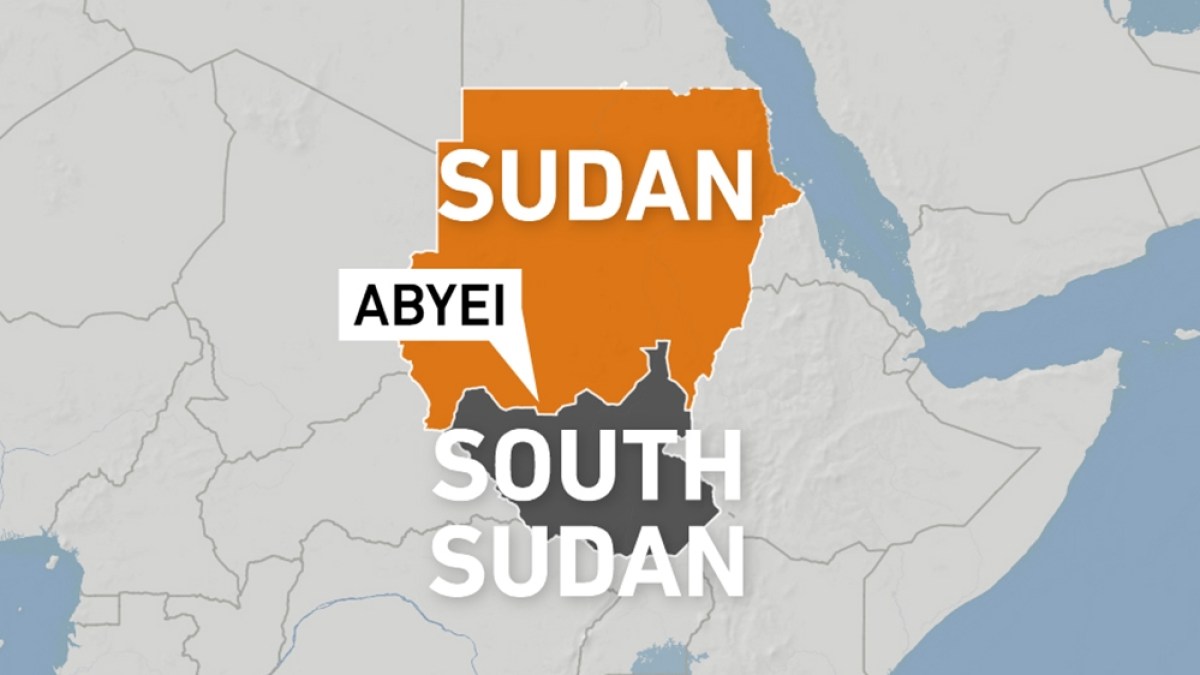The administration of United States President Donald Trump has launched a new investigation against Harvard University, this time targeted at an exchange programme that allows foreign scholars to visit the elite school.
Secretary of State Marco Rubio issued a statement on Wednesday saying the probe was necessary to ensure US security — but the investigation is likely to be seen by critics as the latest attempt to bully the school into compliance with President Donald Trump’s policies.
“The American people have the right to expect their universities to uphold national security, comply with the law, and provide safe environments for all students,” Rubio wrote in the statement.
“The investigation will ensure that State Department programs do not run contrary to our nation’s interests.”
At stake is Harvard’s exchange visitor programme, which allows professors, students and researchers to come to the US on a temporary basis.
Participating scholars receive a J-1 visa, which allows them to participate in cultural and academic exchange programmes on the basis that they are coming to the US not as immigrants but as visitors.
But Harvard’s ability to host such a programme is contingent on the State Department’s approval. Rubio suggested that the school’s “continued eligibility as a sponsor” would hang in the balance of Wednesday’s investigation.
“To maintain their privilege to sponsor exchange visitors, sponsors must comply with all regulations, including conducting their programs in a manner that does not undermine the foreign policy objectives or compromise the national security interests of the United States,” Rubio wrote.
 The group Crimson Courage led a show of support for Harvard outside the federal courthouse in Boston, Massachusetts, on July 21 [Brian Snyder/Reuters]
The group Crimson Courage led a show of support for Harvard outside the federal courthouse in Boston, Massachusetts, on July 21 [Brian Snyder/Reuters]Questions of national security
Under President Trump’s second term, the US has repeatedly cited questions of national security and foreign policy in its attempts to expel foreign students, particularly those involved in pro-Palestinian and antiwar movements.
Rubio himself has drawn on the Immigration and Nationality Act of 1952 — a relatively obscure Cold War-era law — in his efforts to deport student protest leaders like Mahmoud Khalil.
The law allows the secretary of state to expel foreign nationals “whose presence or activities” could pose “potentially serious adverse foreign policy consequences for the United States”.
The government’s use of such laws, however, is currently being challenged in court. Critics argue they violate the constitutional right to free speech and protest.
It was President Trump’s opposition to the pro-Palestinian protests that led him to engage in a high-profile confrontation with Harvard, the country’s oldest university and a member of the much-vaunted Ivy League.
Schools like Harvard in Massachusetts and Columbia University in New York were considered the epicentre of the protest movement. At Columbia, for instance, students erected a tent encampment that inspired similar demonstrations across the world.
The schools’ crackdowns on those protests, however, were also emulated at other campuses. Columbia, for instance, called in police to clear pro-Palestinian demonstrators, and other schools took similar action, leading to more than 3,000 campus arrests across the country last year.
Critics of the protests, including President Trump, have called the demonstrations anti-Semitic and warned they create an unsafe learning environment for Jewish students.
Protest leaders, however, point out that most of the demonstrations were peaceful and have forcefully rejected anti-Jewish hate. Rather, they argue their protests are about shining a light on the abuses Israel has perpetrated in Gaza — and the crackdowns are aimed at stamping out views that run contrary to the US’s close relationship with Israel.
 David Prum, parodying President Donald Trump, demonstrates against attempts to strip Harvard of its federal funding [Brian Snyder/Reuters]
David Prum, parodying President Donald Trump, demonstrates against attempts to strip Harvard of its federal funding [Brian Snyder/Reuters]Pressure on schools
Upon taking office in January, however, Trump pledged to take “forceful and unprecedented steps” to root out alleged anti-Semitism on campus.
In early March, he began his broadside on Ivy League campuses like Columbia and Harvard. He began by stripping Columbia of $400m in federal contracts and grants and then by requesting compliance with a list of demands, including disciplinary reform and external oversight for certain academic departments.
By March 22, Columbia had agreed to make concessions.
But Trump encountered greater resistance at Harvard University. On April 11, the Trump administration likewise issued a list of demands that would have required Harvard to commit to “structural and personnel changes” to foster “viewpoint diversity”, eliminate its diversity programmes and agree to external audits.
It refused. Instead, Harvard President Alan Garber said such requests would violate Harvard’s rights as a private institution committed to academic freedom.
Since then, the Trump administration has stripped Harvard of billions of dollars in federal contracts, research funding and grants. A federal court in Boston began hearing a legal challenge against that decision this week.
A multipronged attack
But the Trump administration has also explored other avenues to pressure Harvard into compliance.
Trump has threatened to revoke Harvard’s tax-exempt status — though critics warn it would be illegal to do so — and Homeland Security Secretary Kristi Noem blocked Harvard from accessing the Student and Exchange Visitor Programme (SEVP), a system that schools are required to use to enrol international students.
Foreign students make up about a quarter of Harvard’s student body. Losing access to the SEVP system effectively meant those students were no longer able to attend the school.
Harvard challenged the Trump administration’s ban on its foreign students in court and received a preliminary injunction that allows its international students to remain while the case plays out.
But other hurdles have since emerged. Earlier this month, for instance, the Trump administration accused Harvard of civil rights violations and called for a review of its accreditation, the industry-wide quality standard that gives university diplomas their value.
Meanwhile, news outlets have reported that officials from the Trump administration and Harvard continue to negotiate over whether a deal can be struck to defuse the ongoing tensions.

 3 months ago
101
3 months ago
101

















































